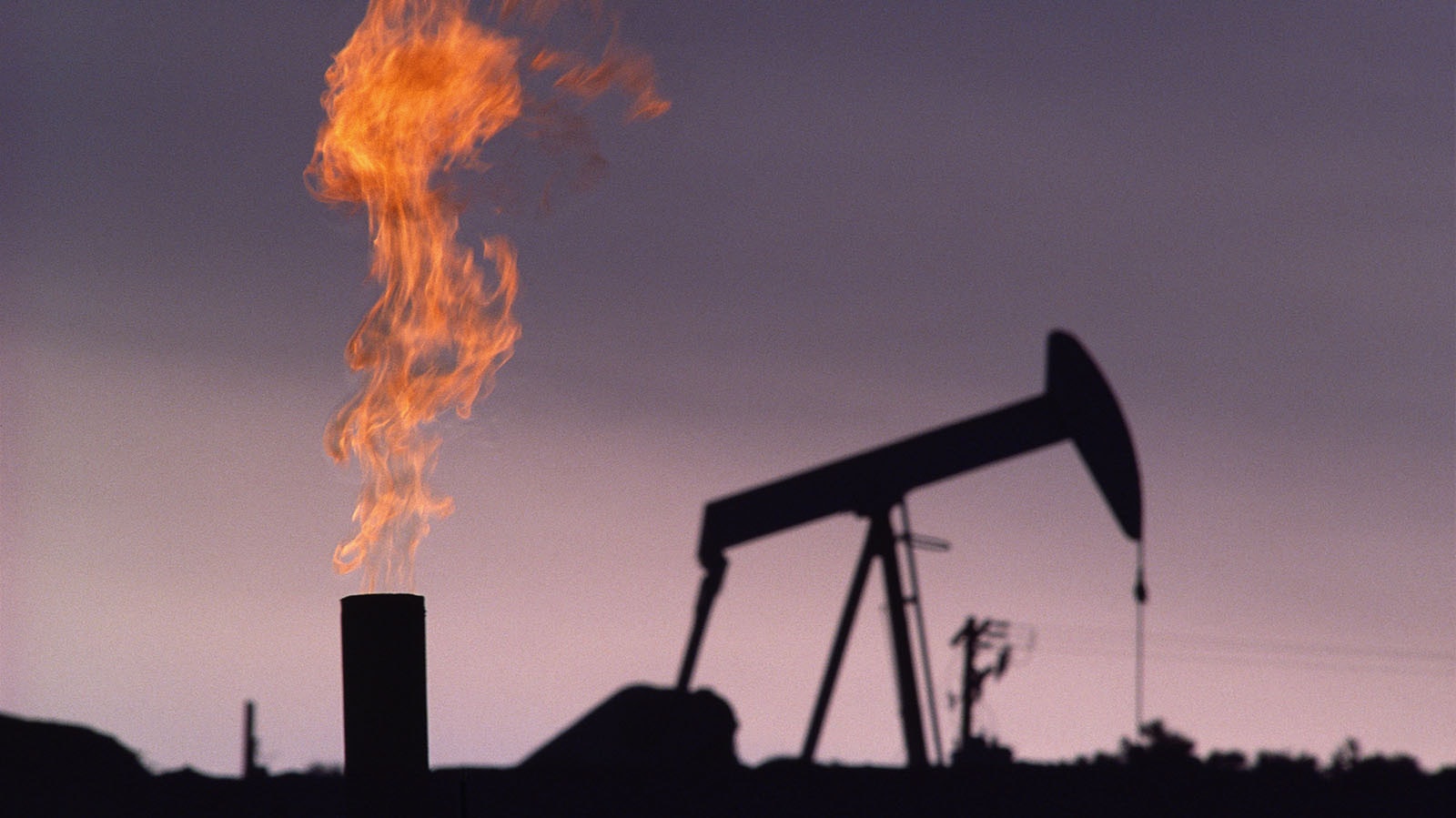By Renée Jean, Business and Tourism Reporter
renee@cowboystatedaily.com
Wyoming has the best tax climate in the nation for doing businesses, The Tax Foundation, an independent tax policy nonprofit, announced on Wednesday.
Wyoming does not levy individual or corporate income taxes, and its state sales tax rate is low at 4%. Local sales taxes, meanwhile, are capped at 2%. And the average combined sales tax rate statewide is 5.22%.
Other states that ranked in the top five with Wyoming are South Dakota, Alaska, Florida and Montana. The states with the worst tax climates are New Jersey, New York, District of Columbia, California and Connecticut.
Not Surprising
Wyoming’s tax climate rank is not too surprising given the large amount of revenue that comes in from its severance tax, economist Dr. Robert Godby told Cowboy State Daily. Godby is an associate professor with University of Wyoming in the Department of Economics.
“The state to basically exports its taxes, because most of the energy produced in Wyoming is exported elsewhere, so the consumers who end up paying that tax live outside of the state,” Godby said.
An average family of three in Casper pays about $3,000 in taxes a year, but receives close to $30,000 in public services, Godby said.
“That’s including the cost of education that their child would incur,” he said.
Dependence On Severance
But over-reliance on severance taxes has become a double-edged sword for Wyoming’s economy.
“The boom-and-bust cycle is very much alive in Wyoming,” Godby said of the state’s dominant extraction industries. “In fact, our tax system kind of amplifies that, right, because the state’s economy is very dependent on energy.”
On the plus side, high energy prices tend to warm the economy in Wyoming while other parts of the nation are cooling off, Godby said.
Wyoming’s Chief Economist Wenlin Liu, meanwhile, has told Cowboy State Daily energy prices have helped shield the state’s economy during times of recession.
Public Services
But global prices are at the mercy of geopolitical events, as well as sometimes the whim of unfriendly nations. When there’s a big downturn in the energy sector — a bust — state revenues also take a big hit.
That, in turn, puts a wide range of public services on the chopping block. Once times are good again, some services don’t always get restored.
“The boom-bust cycle leads to a very conservative state,” Godby said. “They’re less likely to invest, for example, in public services that require ongoing expenditures. They’re more likely to invest in one-time expenditures when times are good, but there’s always this kind of incentive to squirrel away funds for a rainy day, because you never know when the rain is going to come.”
Efforts To Diversify
The dynamic can make it challenging to get public services that would be attractive to economic development, Godby said. It’s a factor that works against state efforts to diversify.
“Very often, companies that are looking to locate somewhere aren’t necessarily looking for low taxes, but good public services, so that’s kind of the flip side of the coin,” Godby said. “Sometimes I’II say to people that, you know, if taxes were everything in economic development, Wyoming would be California, and California would be Wyoming.”
California has some of the highest tax rates in the nation. In fact, it ranks 48th on Tax Foundation’s list for states with a business-friendly tax climate.
“Despite that, economic development occurs (in California),” Godby said. “And why is that? Because they have other public services, they have amenities. Maybe California is an extreme example, but there is a happy medium, and (low) taxes are not everything when it comes to economic development.”
‘Fix The Roof While The Sun Shines’
Changing the tax structure in Wyoming is a topic that has come up before with the Legislature, Godby said, but politically has proven to be a very steep, uphill climb. People talk about it most whenever there’s a downturn.
“That’s the worst possible time to raise taxes on people by implementing a new tax, but the opposite occurs in boom times like right now,” Godby said. “You might say, you know, maybe we should fix the roof while the sun shines, which is kind of where we are, possibly, right now.
“The sun is shining with these high energy prices, creating kind of windfall revenues. But, of course, when you’re doing well, people don’t feel like there really is any kind of incentive to change tax policy.”
That’s led state lawmakers to create a lot of “rainy day” reserve funds and trust funds in an attempt keep state services on a more even keel.
“Those are kind of the coffee cans where the nuts get squirreled away, waiting for that next bust,” Godby said. “But, you know, then the question becomes when is it raining hard enough that you break them open to use them?
“Because they’re always afraid that if you use them, then they won’t be available in future years. Those reserve funds allow the state to postpone the tough decisions about, do we need to change the tax system here? When the sun is shining, there’s lots of other things you’d rather do.”





